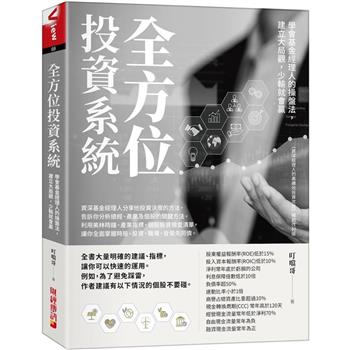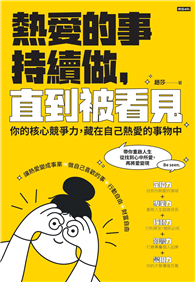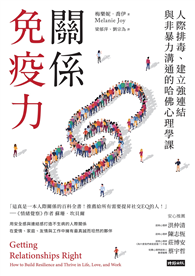Can we endorse valuable rights and freedoms--the cherished forms of equality and liberty we might call liberality--without liberalism? This book outlines such a possibility. Humane liberality upholds and deliberates equality, freedom, and justice through the Mencian virtue of humaneness, based in care and compassion. In positing humaneness to be the first virtue of government, Mencius directs us to formulate policies that are responsive to and promote the wellbeing of the people understood in terms of their actual lived and felt experience--their feelings and their flourishing. Rights and freedoms can and should be affirmed in ways that facilitate that flourishing. This pushes against the usual approaches to valuing rights and liberties of both Confucians and liberals, who tend to reason from abstract first principles rather than through care for people and responsiveness to their actual wants and needs. In setting out this vision, Humane Liberality first critically analyzes the broader problems and possibilities of affirming freedom, equality, and pluralism through Confucianism. It then outlines and promotes an underappreciated concrete humanist account of Mencian morality and politics, which has been overshadowed by more metaphysical orthodox interpretations of Mencius. Concrete humanism insists we adjudicate what is right not through eternal abstractions but instead through situated assessment of human emotions. In this way, humaneness offers a unique and uniquely compelling approach to reasoning about rights and liberties, and humane liberality recasts how we understand and practice Confucian values, liberal principles, and the promise and potential of incorporating the two.
| FindBook |
|
有 1 項符合
Carleo的圖書 |
 |
$ 5700 | Humane Liberality: A Confucian Proposal
作者:Carleo 出版社:Rowman & Littlefield Publishers 出版日期:2024-10-15 語言:英文 規格:精裝 / 200頁 / 普通級/ 初版  看圖書介紹 看圖書介紹
|
|
|
圖書介紹 - 資料來源:博客來 評分:
圖書名稱:Humane Liberality: A Confucian Proposal
內容簡介
作者簡介
Robert A. Carleo III teaches in the international graduate program in Chinese Philosophy at East China Normal University. He is editor and translator of The Humanist Ethics of Li Zehou and The Origins of Chinese Thought by Li Zehou, as well as co-editor, with Yong Huang, of Confucian Political Philosophy: Dialogues in the State of the Field.
|










